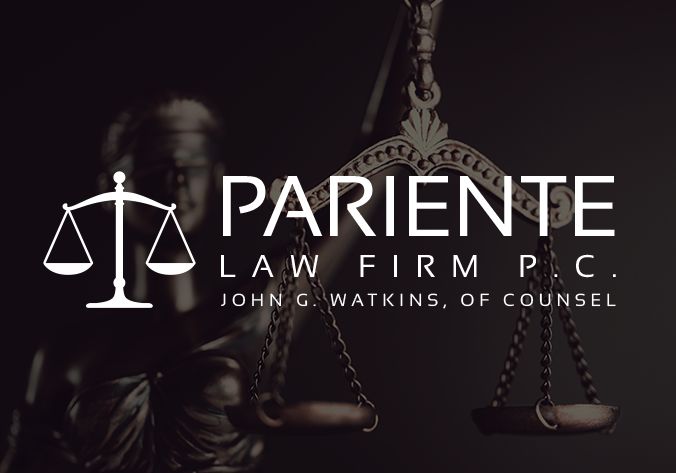The state of Nevada has very specific laws regarding the legal requirements of drivers pulled over for a suspected DUI and we receive many questions about this topic. If you are stopped by the police and they suspect you are driving under the influence of drugs or alcohol, then you will be asked to submit to a preliminary breath test. Should you agree to submit to this test? Is refusing a breath or chemical test even an option? What can happen to drivers who do refuse the test? Understanding the rules of the roads we drive on is the responsibility of everyone who gets behind the wheel, and each state handles DUI situations differently. Here we’ll go over the things that drivers in Nevada need to know about implied consent and their rights when they’ve been accused of driving under the influence.
What is the Legal Definition of the Implied Consent Law in Nevada?
The Nevada Revised Statute Section 484C.160 states that, with a few exceptions that are detailed further in the statute, “any person who drives or is in actual physical control of a vehicle on a highway or on premises to which the public has access shall be deemed to have given his or her consent to an evidentiary test of his or her blood, urine, breath or other bodily substance to determine the concentration of alcohol in his or her blood or breath or to determine whether a controlled substance, chemical, poison, organic solvent or another prohibited substance is present, if such a test is administered at the request of a police officer having reasonable grounds to believe that the person to be tested was: (a) driving or in actual physical control of a vehicle while under the influence of intoxicating liquor or a controlled substance or with a prohibited substance in his or her blood or urine”.
Nevada DUI Testing Methods Explained
There are two different testing methods used by law enforcement in Nevada to determine whether or not someone they suspect of being under the influence of drugs or alcohol actually is. It is in your best interest to submit to these tests, regardless of your actual level of sobriety. Due to the laws regarding implied consent in Nevada, by choosing to drive and obtaining a license, you have already given your implied consent to take a PBT test if it is requested of you.
Preliminary Breath Test (PBT)/Preliminary Alcohol Screening (PAS)
These are actually the same breathalyzer based test, also sometimes referred to as a “roadside breath test”. This is the breathalyzer test that will be administered roadside when you have been stopped at an alcohol checkpoint or pulled over for suspected driving under the influence. If this occurs, it is likely that the officer will ask you a few questions to try and determine your level of sobriety. You may also be asked to perform a series of field sobriety tests, and then to submit to a PBT.
Refusing the PBT/PAS/Roadside Breath Test
If you refuse to submit to this test, your license will be suspended and you will be arrested for a DUI – immediately. Nevada’s rules regarding the refusal of any DUI test are very strict.
Your PBT Results in Court
Should your case go to trial, the results of your PBT cannot be used to prove that you were driving under the influence, but they can be used as evidence that the police did have reasonable grounds to arrest you.
Chemical BAC Test/Evidentiary Breath/Blood/Urine Test
If you have refused to take or failed the PBT test, you will be arrested for a DUI. Your license will be seized and you will be taken in for what is called either a chemical BAC test or an evidentiary breath, blood or urine test. The type of test you take may depend on what the arresting officer believes you are under the influence of (alcohol or drugs).
Breath or Blood Tests
For alcohol intoxication, you may be offered the choice between either a breath test or a blood test. If you choose to take a blood test when there is adequate breathalyzing equipment on hand, you may be charged for the cost of the blood test, but only if your case leads to an eventual DUI conviction.
When Can a Blood Test be Required?
An officer can require that you take a blood test if you were involved in a suppose DUI related accident that caused the death or serious bodily harm to other individuals or if you have been previously convicted of a DUI or similar offense which caused the death or serious bodily harm to others within the last seven years.
Refusing Your Chemical BAC Test
This is not recommended to anyone who finds themselves in a situation in which they are required to take the Chemical BAC test. The refusal of any type of evidentiary test will result in one year of having your driver’s license suspended and can be used against you in court. It’s also important that you be aware that an initial refusal of your chemical BAC test will still count against you as if you refused entirely, even if you change your mind and agree to submit to the test before you can be forced to submit to it.
If you have been charged with a DUI in Nevada, the sooner you seek an attorney who is well versed in the laws of implied consent and DUI testing, the better your chances are of regaining your driving privileges until your case goes to trial. Contact our offices today to receive a free case evaluation. We have the experience to help and want to hear what you have to say.




